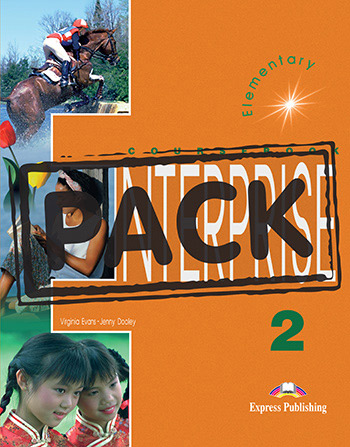

’01, explained what humans can learn from plant behavior in Lessons from Plants (Harvard University Press, 2021). Plant biologist Beronda Montgomery, Ph.D. ’98, traced how economic forces drove creativity in drama from medieval civic processions and guild cycle plays to the early Renaissance in Festive Enterprise: The Business of Drama in Medieval and Renaissance England (University of Notre Dame Press, 2021). ’95, showed how women were at the center of a broader and more inclusive environmental movement at the turn of the 20th century in At Home in the World: California Women and the Postwar Environmental Movement (University of Nebraska Press, 2021). Monica DeHart ’94 covered China’s growing presence in Latin America and what it portends for the future in Transpacific Developments: The Politics of Multiple Chinas in Central America (Cornell University Press, 2021). ’71, is a survey of the rapidly changing law of armed conflict intended for undergrads and law students. NONFICTIONĪ third edition of The Law of Armed Conflict: International Humanitarian Law in War (Cambridge University Press, 2021) by G.D.

candidate Tom Lin reimagined the classic Western through the eyes of a Chinese American assassin in The Thousand Crimes of Ming Tsu (Little, Brown and Company, 2021). ’10, alternated between two stories: a grandmother’s escape from the Nazis and a new mother’s struggle to balance her roles.ĭepartment of English Ph.D. In her second novel, Something Unbelievable (Random House, 2021), Maria Kuznetsova, M.A.

’09, set her debut novel, Strange Children (Red Hen Press, 2021), in a desert polygamist commune.


 0 kommentar(er)
0 kommentar(er)
